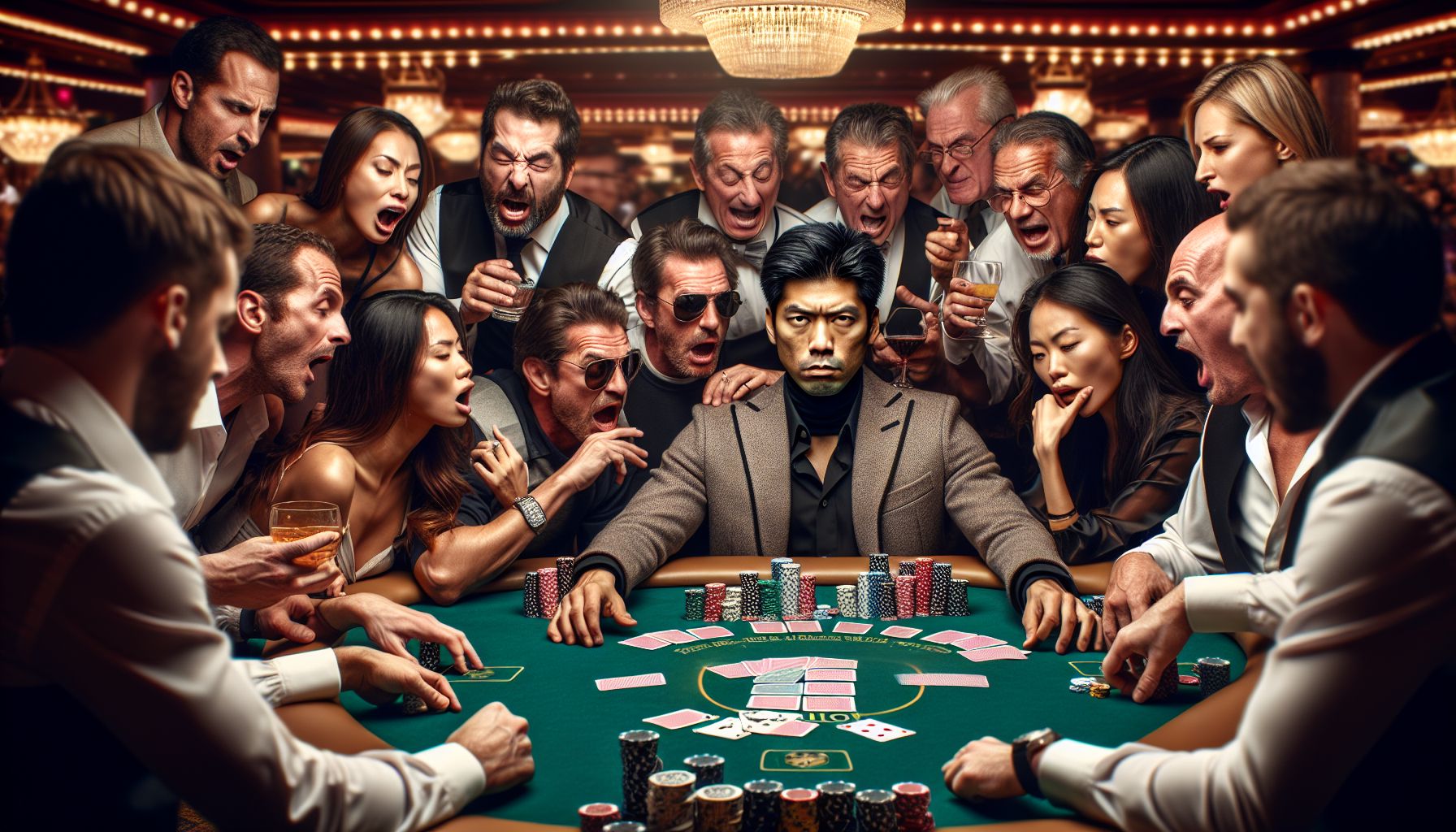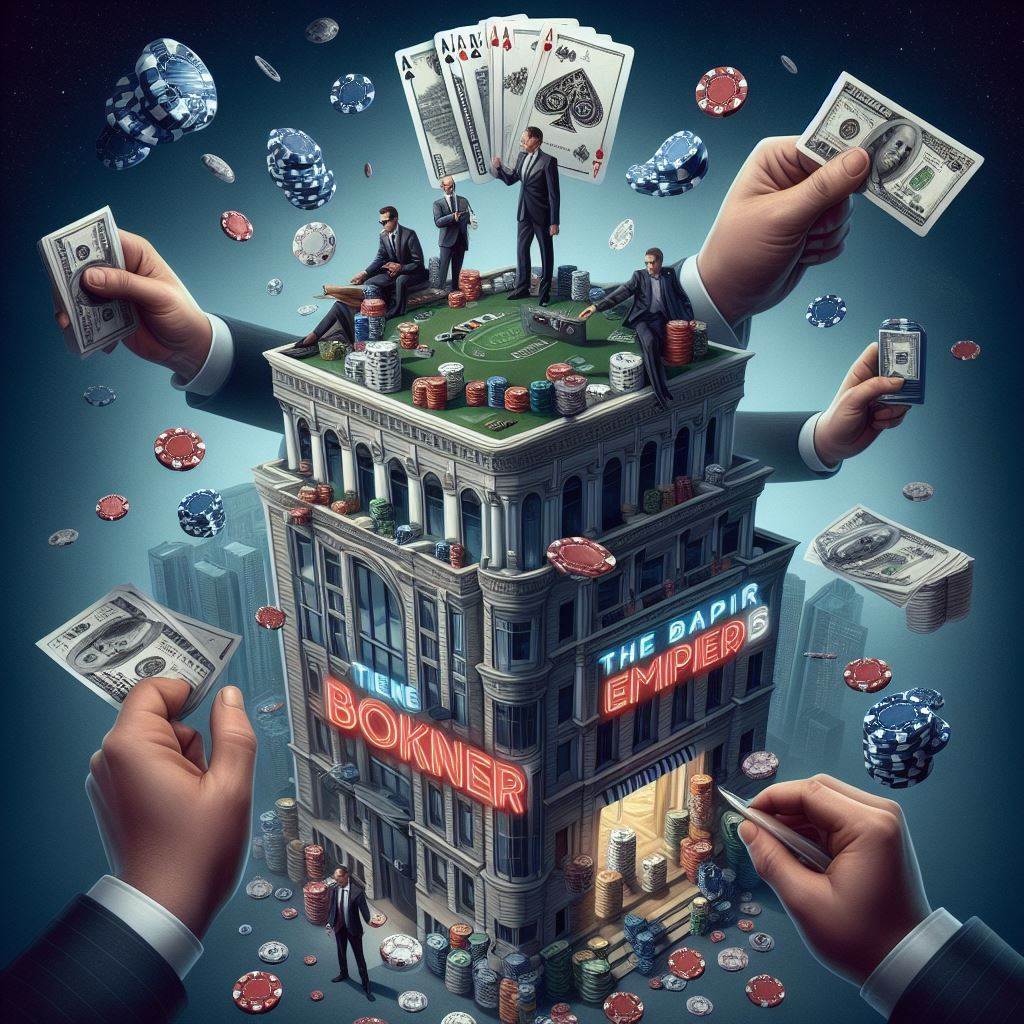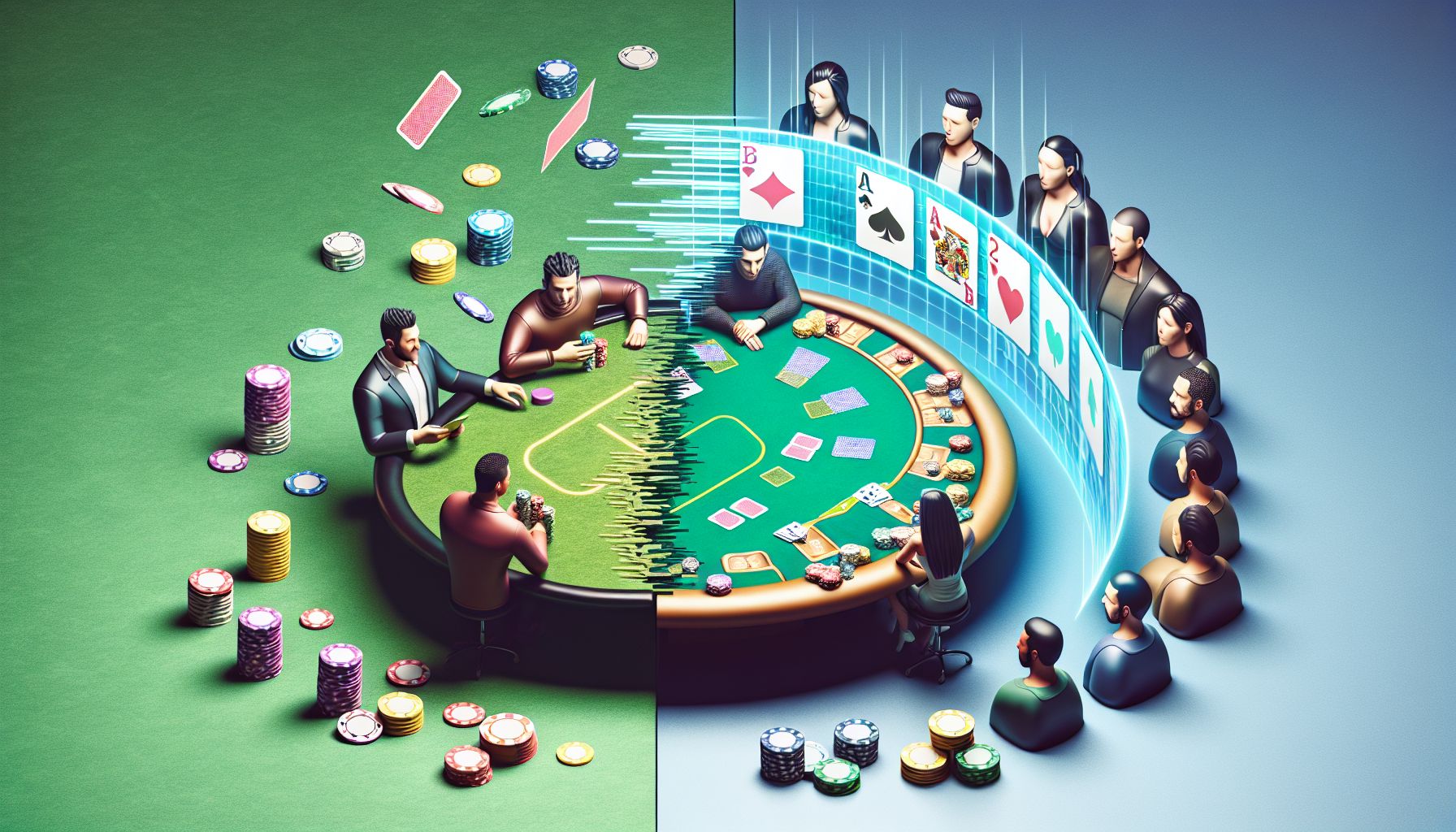Introduction
In the age of online poker rooms and artificial intelligence, Nonverbal Skills at the Casino it is easy to overlook the human element of poker. Yes, technical knowledge, strategic acumen, and logical consistency are essential. However, to emerge as a comprehensive poker player particularly in live games, you need to develop an unsaid but immensely potent weapon: Your Nonverbal Skills. In this article, we delve into the art of maintaining an impassive poker face, reading other players, and communicating effectively without uttering a word.
Mastering Your Own Tells
Before learning to read others, it is crucial first to understand and control your own nonverbal signals or “tells”. These subtle cues can reveal your hand to experienced players even before you place your bet.
Body Language
The easiest way to betray your hand is through your body language. For example, a sudden surge of excitement that comes with a strong hand might cause you to sit up straighter or grip your chips more tightly. Conversely, Nonverbal Skills at the Casino disappointment from a poor hand might make you slump or frown. Learning to maintain a neutral body language regardless of your hand strength is an invaluable skill.
Consider practising in front of a mirror or record yourself on video to observe your reactions. Over time, you will get better at suppressing these involuntary responses, thereby keeping your opponents in the dark.
Facial Expressions
Your face is the primary focus of other players and the hardest to control. An obvious smirk or scowl can expose your hand as surely as shouting it out loud. Consequently, the term “poker face” has risen as a euphemism for emotional neutrality.
To reach this level of stoicism, you’ll need plenty of practice. Be aware of your facial expressions throughout the day, not just when you’re playing poker. Make it a habit to maintain a calm, relaxed expression, and it will come naturally during a high-stakes game.
Unconscious Habits
Humans often have unconscious habits that manifest under stress: tapping a foot, biting nails or playing with a ring. In the poker universe, these habits become a beacon for your state of mind, resulting in a catastrophic unveiling of your cards.
To culminate these unconscious reveals, make a list of any nervous habits you might have and focus on eliminating them one by one. Also, consider replacing them with misleading habits to confuse your opponents further.
Reading Other Players
Nonverbal communication is a two-way street. The more adept you become at reading your opponents, the better you can adjust your strategy to exploit their weaknesses.
Watch for Consistency
A key to reading other players is understanding their baseline behaviour and then watching for deviations. If a player is usually quite animated but suddenly becomes still, they might be bluffing. Similarly, a typically reserved player who starts chatting or fidgeting might also be bluffing.
Pay Attention to the Micro
Microexpressions are brief, involuntary facial expressions that can reveal a person’s true feelings. These microexpressions are hard to fake, making them a gold mine of information. Is your opponent slightly grimacing when he looks at his cards, or do her eyes light up for just a second before she masks her excitement? These micro-moments can give you an insight into their hand.
Hands and Chips
Observing how a player handles their chips and cards can also reveal a lot. Do they bet aggressively slamming their chips when they bluff or do they gently slide them when they have a good hand? Poker is as much about these tiny details as it is about the cards on the table.
Conclusion
Poker is a game of incomplete information. Every extra piece of information you can glean from your opponents’ nonverbal cues can potentially tilt the game in your favor. Mastering the art of nonverbal communication can be the difference between winning and losing the pot.
Remember, practice makes perfect. Spend time honing your poker face, limiting your tells, and reading your opponents. With time, patience, Nonverbal Skills at the Casino and diligence, you will see your win-rate rise as you become more adept at the human aspect of poker. It’s not just about the cards you hold; it’s about the signals you send and read. That’s the true power of a poker face, a facet of poker that transcends the physicality of the cards and delves into the psychology of the game.
In the highly competitive world of poker, a well-placed bet or a well-timed bluff can change the course of the game. But maintaining a steady poker face and reading opponents with precision is the real game-changer. Owning this art can make you an inscrutable poker player, a force to be reckoned with on the casino floor.



